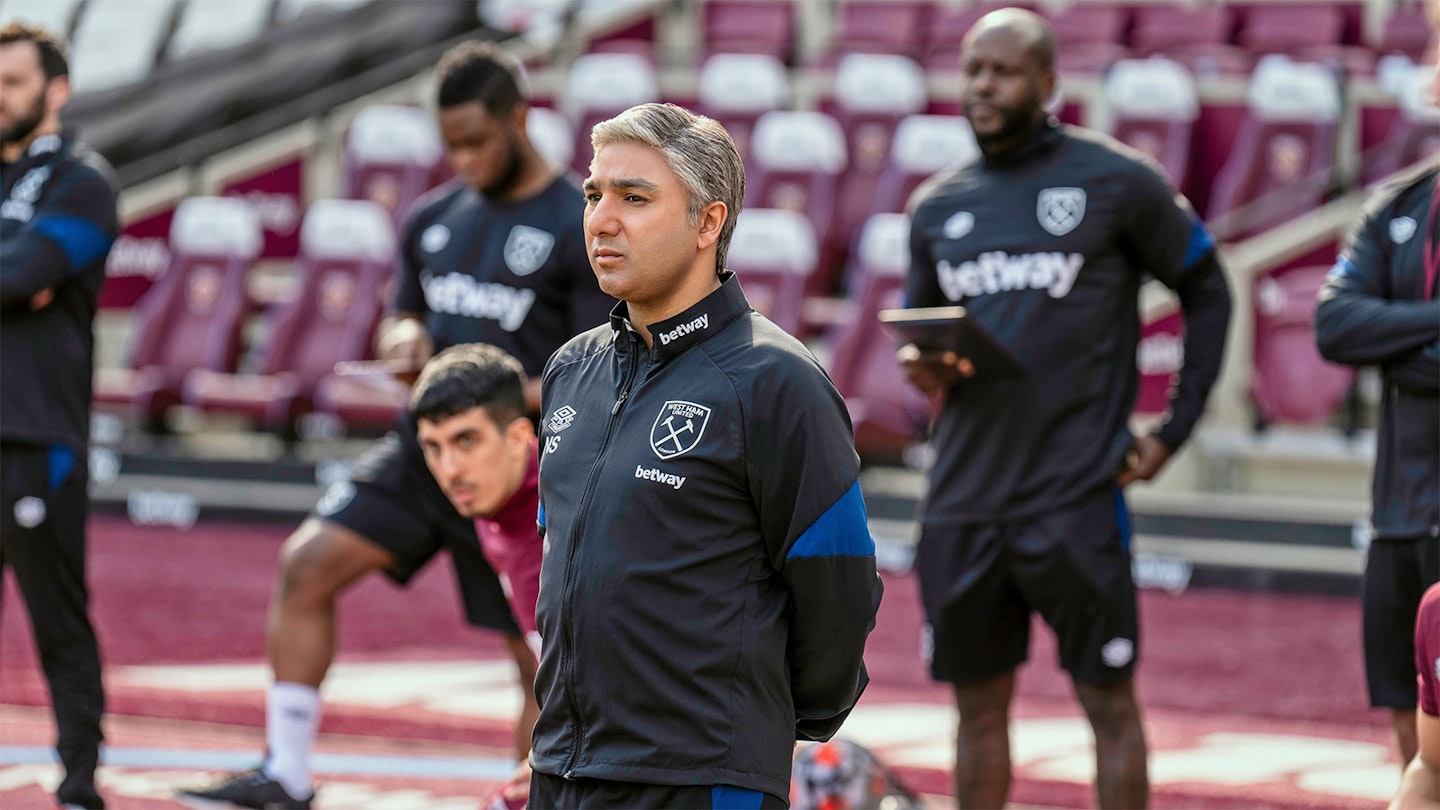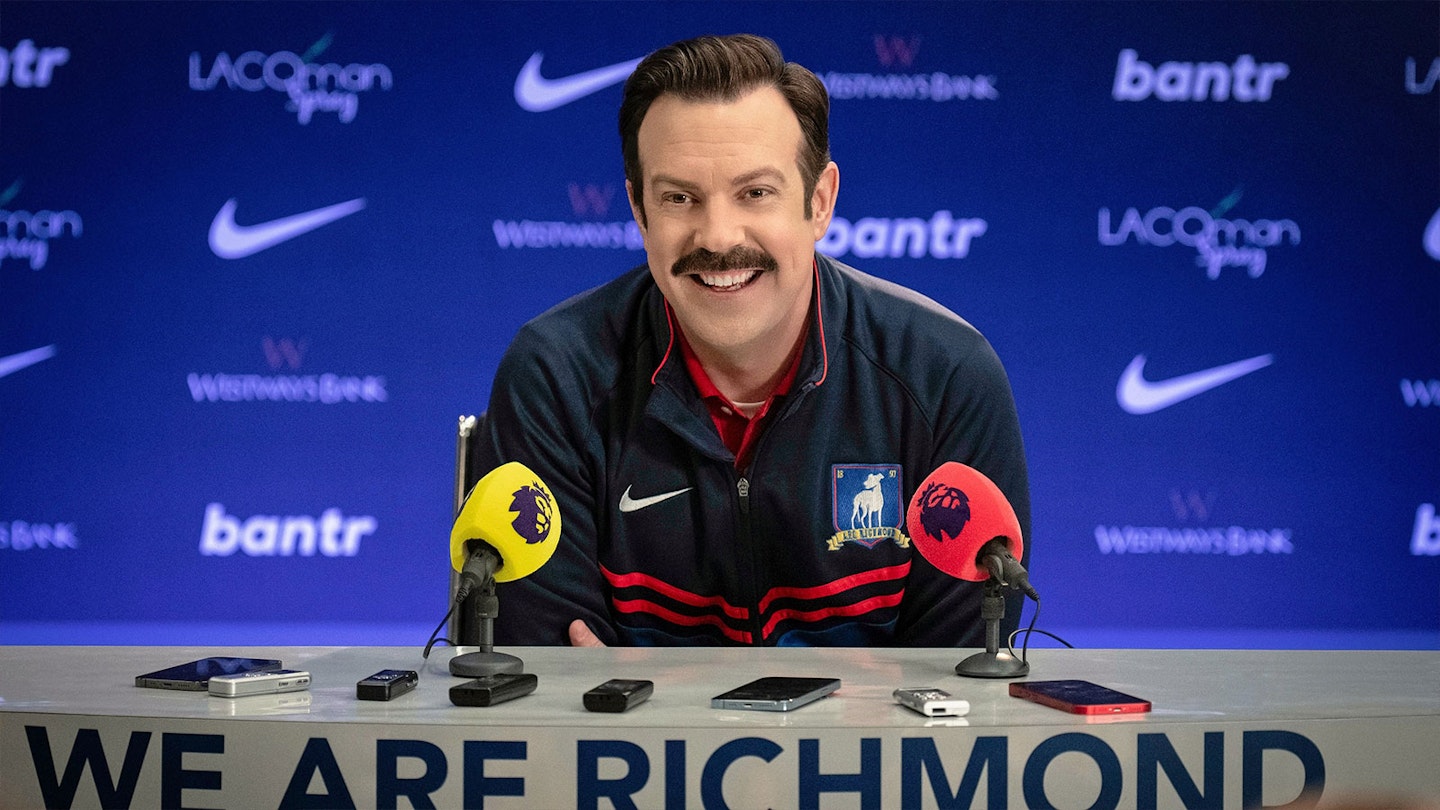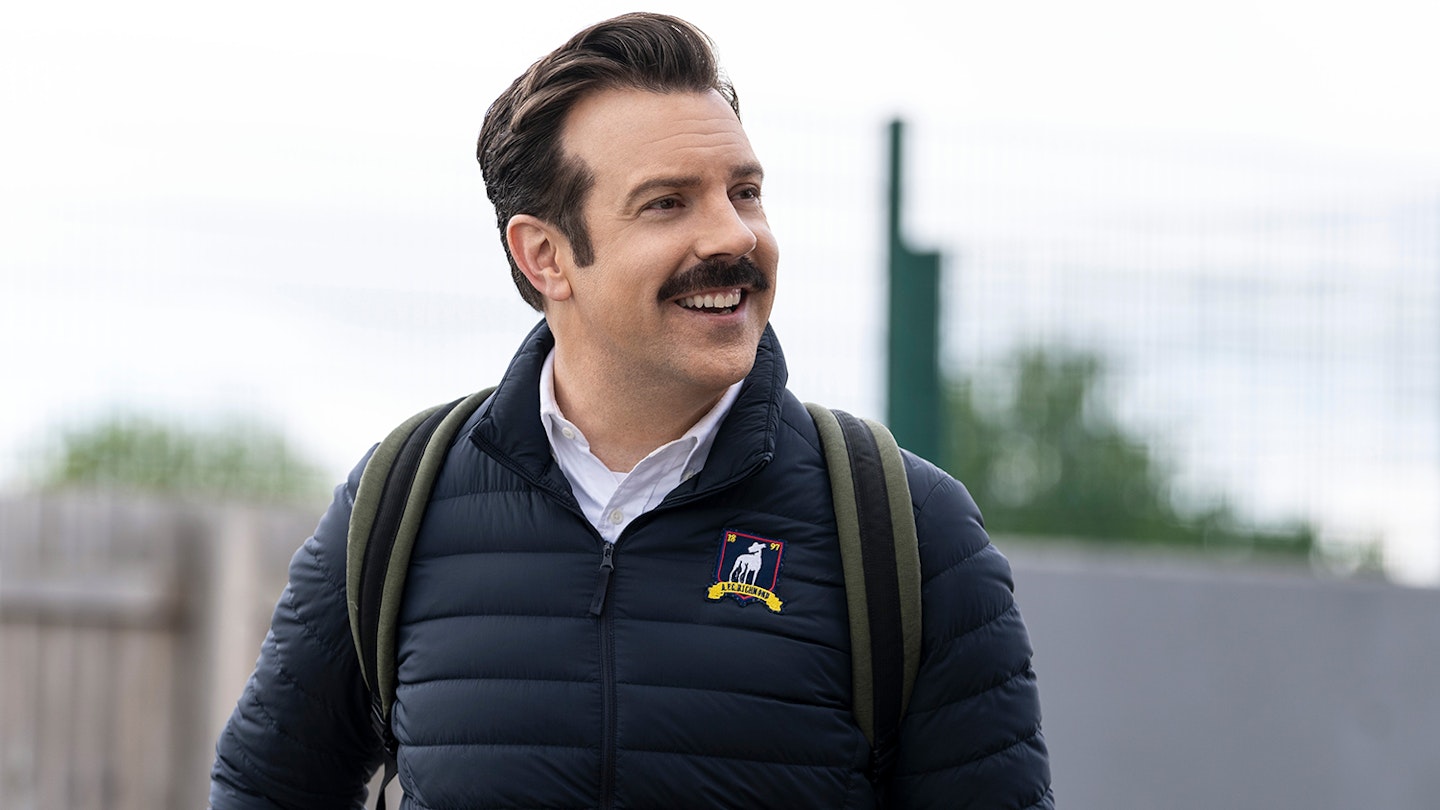Streaming on: Apple TV+
Episodes viewed: 1 of 12
Success is not about the wins and losses, as Ted Lasso (Jason Sudeikis) likes to rhapsodise. But even then, the success story of this low-key half-hour comedy-drama about a goofy, good-hearted American football coach taking over a failing Premier League club is like a footballing fairy tale: how it started with middling initial reviews; how it gradually, sure-footedly built positive word-of-mouth buzz; how it eventually became the defining show of the fledgling Apple TV+, the talismanic star striker of the streamer’s starting XI. No longer the underdog of the league, Lasso enters its third season (which pleasingly, in both footie and telly terms, still has a double meaning) with all eyes on the gaffer.

Loyal fans can be assured that in some senses, not much has changed at the start of this 12-episode run. Despite their triumphant promotion in the Season 2 finale, expectations for Richmond AFC remain — to use the typically Lassoian poetic flourish — “as low as a rattlesnake’s belly button”. Relegation seems likely. Ted’s coaching style remains aggressively kind and incurably optimistic, lashings of folksy wisdom around every corner flag; the first episode sees him take the team on a “field trip” to London’s cavernous sewer system, for some analogous lessons about letting the poop flow past you. That gently funny, quirky sense of humour remains as strong as ever, bolstered by now richly defined characters: Roy Kent (Brett Goldstein), Rebecca Welton (Hannah Waddingham) and Keeley Jones (Juno Temple) remain the friends you wish you had.
Nate's arc, from kit boy to manager, is remarkable – and you hope that he also finds a path to some sort of internal reckoning.
Some things are different in the new season, though. Having flirted with ill-tempered malevolence last season, the now completely grey-haired Nate (Nick Mohammed) makes the full crossover to villain duties this year — though, given Lasso is still TV’s most emotionally literate show, thoughtful writing takes care to show that antagonism is clearly coming from a place of insecurity and neglect. His arc, from kit boy to manager, is remarkable, and you hope that, just as Ted’s psychology was challenged last season with the brilliant addition of Dr Sharon (Sarah Niles), Nate also finds a path to some sort of internal reckoning.
Ted is different, too. Having been specifically created with the trait that he didn’t know his offside from his yellow card (“Heck, you could fill two internets with what I don’t know about football,” he once said), Ted has finally caught up on some of the fundamentals of the game, albeit via playing FIFA. More significantly, Ted is now grappling with the question of why he is still in the UK, far away from home, and crucially, far away from his son. Where do his priorities lie: to his team, to his ideals, or to his family? It’s a question that feels surely like it will be answered, come the season finale, especially as the hints have been heavily dropping that Season 3 could be Lasso’s last. For now, we still believe.



